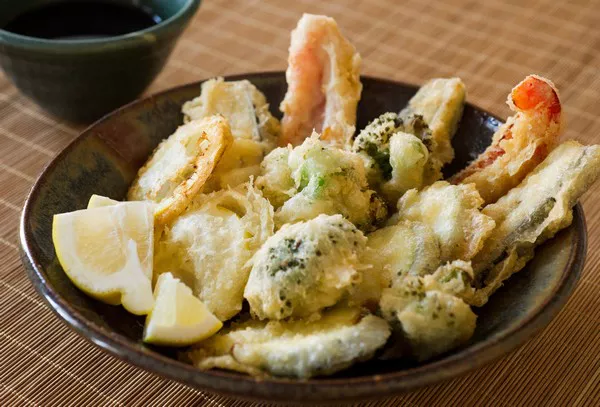Christmas in Japan is a unique blend of tradition, culture, and modernity. While not traditionally a religious holiday in Japan, Christmas has evolved into a festive occasion celebrated with enthusiasm and culinary delights. Japanese Christmas cuisine reflects a fusion of Western influences and traditional Japanese flavors, offering a diverse array of dishes that tantalize the taste buds and evoke a sense of warmth and togetherness. This article delves into the rich tapestry of Christmas cuisine in Japan, uncovering the culinary treasures that adorn Japanese tables during this joyous season.
Origins of Christmas in Japan
Christmas was introduced to Japan by Western missionaries in the 16th century, but it wasn’t until the late 19th and early 20th centuries that it began to gain popularity as a secular holiday. Today, Christmas in Japan is celebrated as a time for romance, gift-giving, and festive gatherings with loved ones. While the religious significance of Christmas may be less pronounced in Japan compared to Western countries, the spirit of the season is embraced with enthusiasm, especially in urban areas.
The Influence of Western Cuisine
One of the most notable aspects of Christmas in Japan is the adoption of Western-style cuisine, particularly for the holiday feast. Japanese families often indulge in a special Christmas dinner that features a mix of traditional Japanese dishes and Western favorites. This fusion of culinary traditions reflects Japan’s embrace of global culture while retaining its own unique culinary identity.
KFC Christmas: A Quirky Tradition
One of the most iconic Christmas traditions in Japan is enjoying a festive meal from Kentucky Fried Chicken (KFC). This unusual tradition began in the 1970s when a marketing campaign by KFC positioned fried chicken as a Christmas meal, associating it with Western holiday traditions. Today, ordering KFC for Christmas dinner has become a widespread custom in Japan, with families placing their orders weeks in advance to avoid the long lines on Christmas Eve.
Christmas Cake: Sweet Indulgences
No Japanese Christmas celebration is complete without a Christmas cake, known as “kurisumasu keki” in Japanese. These beautifully decorated cakes, often adorned with whipped cream, strawberries, and festive decorations, are a symbol of the holiday season. Families gather around the table to enjoy slices of Christmas cake after their festive meal, savoring the sweet flavors and festive ambiance.
Osechi Ryori: Traditional New Year’s Fare at Christmas
In addition to Western-style Christmas cuisine, some Japanese families opt to enjoy traditional New Year’s dishes, known as “osechi ryori,” during the Christmas holiday. Osechi ryori features an assortment of meticulously prepared dishes served in special bento boxes called “jubako.” These dishes are symbolic of prosperity, good fortune, and longevity, making them a fitting choice for celebrating the holiday season.
Hot Pot Delights: Nabe for Winter Warmth
During the winter months, Japanese families often gather around the table to enjoy hot pot, or “nabe,” a comforting and communal dish that warms the body and soul. Nabe typically features a variety of ingredients such as thinly sliced meat, tofu, vegetables, and noodles, simmered in a flavorful broth. This hearty and nourishing meal is perfect for bringing loved ones together during the festive season.
Tempura: Crispy Delicacies for Celebratory Feasts
Tempura, a beloved Japanese dish consisting of lightly battered and fried seafood and vegetables, is often served during special occasions and celebrations, including Christmas. The crispy texture and delicate flavors of tempura make it a delightful addition to festive feasts, adding a touch of elegance and indulgence to the holiday spread.
Sake: Toasting to Joy and Prosperity
No Japanese celebration is complete without a toast of sake, Japan’s traditional rice wine. During Christmas festivities, families and friends raise their glasses of sake in a gesture of goodwill and camaraderie, toasting to joy, prosperity, and the spirit of the season. The smooth and nuanced flavors of sake complement the rich and diverse flavors of Japanese cuisine, making it a cherished part of the holiday experience.
See Also: 11 Best Japanese Foods & Dishes
Conclusion
In conclusion, Christmas in Japan is a delightful fusion of tradition, culture, and culinary innovation. From indulging in KFC Christmas dinners to savoring slices of Christmas cake and enjoying traditional osechi ryori, Japanese families embrace the holiday season with a mix of Western and Japanese culinary delights. Whether it’s gathering around the table for a festive feast or raising a glass of sake in celebration, Christmas in Japan is a time for warmth, togetherness, and the joy of sharing delicious food with loved ones.

